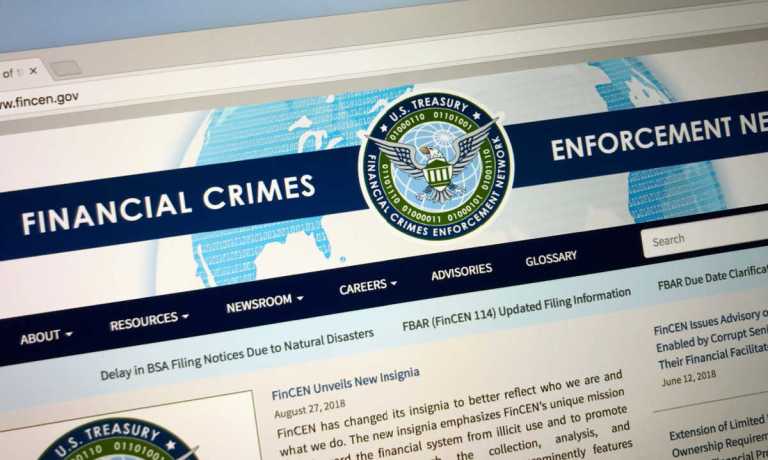US Money Laundering Fight May Soon Turn Corner

Is the tide turning in America’s war on money laundering?
Writing in the Financial Times Tuesday (Feb. 27), Casey Michel of the Human Rights Foundation argues that the U.S. has made a concerted effort to stop being a “vector” for global money laundering and offshore financing.
Michel, who heads the foundation’s Combatting Kleptocracy program, said the Biden administration has made several efforts to curb money laundering, the most important of which is the recent beneficial ownership registry.
As PYMNTS has written, the law now requires many businesses to provide the government with beneficial ownership information, or “identifying information about the individuals who directly or indirectly own or control a company,” per the Financial Crimes Enforcement Network (FinCEN).
“The registry will shine a light on the constellation of anonymous shell companies previously formed in the country,” wrote Michel. “For years, the U.S. enabled the creation of these shells at a far higher clip than competitors, led especially by states such as Delaware and Nevada.”
He argues that the registry prevents anyone “from kleptocrats and oligarchs to cartel heads and arms traffickers” to set up an anonymous shell.
FinCEN, Michel added, has also recently announced transparency requirements for residential real estate, closing a “decades-long loophole that absolved real estate professionals from basic anti-money laundering checks.”
The agency has also proposed a new rule for the private investment space, which Michel said has managed to avoid anti-money laundering checks, and “in effect acted as a new bright, blinking light for the world’s worst actors to hide their wealth.”
Now, any fund registered with the Securities and Exchange Commission (SEC) will need to carry out due diligence on clients, including the source of the wealth, he wrote.
These efforts are happening in the wake of an uptick in financial crime in the U.S. PYMNTS Intelligence data has found that roughly a third of Big Tech and FinTech firms experienced fraud in recent months, while 43% of financial institutions (FIs) in the U.S. saw fraud rates increase between 2022 and last year.
The research has also found that a third of FIs who aren’t employing advanced technologies such as machine learning and artificial intelligence (AI) have faced increased fraud.